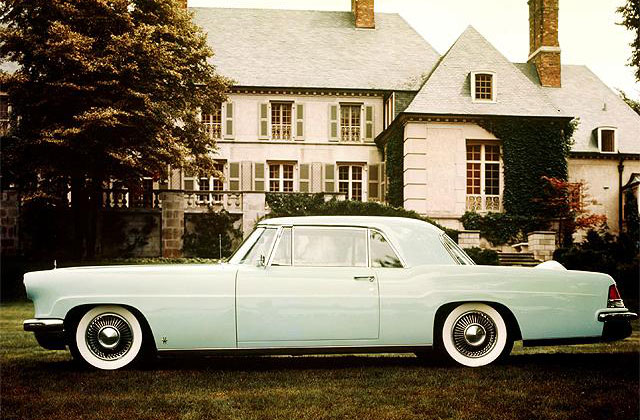
Henry M. Leland founded the Lincoln Motor Company in 1917. Just five years later, Ford acquired Lincoln, transforming it into its luxury division. Leland named his company after President Abraham Lincoln and initially stayed on at Ford following the acquisition. Over time, Ford gradually molded Lincoln into the prestigious brand we recognize today.
Lincoln's History and Contribution to the Auto Industry
Lincoln has always been a formidable player in the luxury auto market, distinguishing itself from Ford's mainstream offerings. Early on, Lincoln introduced models like the Lincoln Model L, which became Calvin Coolidge's official limo and garnered attention among celebrities, including Greta Garbo.
In the 1930s and 1940s, under Ford's management, Lincoln thrived as a luxury brand, producing memorable models such as the Model K line and the Lincoln-Zephyr. The Lincoln Continental, one of the most iconic models in automotive history, emerged during this era and received a convertible design in the 1960s. Lincoln's designs have always been innovative and distinctive, setting the standard for interior quality. Despite numerous competitors, Lincoln remains a strong contender in the luxury car market by consistently listening to its customers.
The 1970s saw the popularity of the Lincoln Versailles and the Continental Mark series (IV and V). In the 1980s, the Lincoln Town Car introduced a more "modern" look for the era. Today, Lincoln continues to command respect in the auto industry. The brand is known for its willingness to experiment with exterior designs while maintaining luxurious interiors that feature leather seating and comfortable steering wheels across different eras. Lincoln prioritizes comfort as the ultimate luxury.
Learn More About Lincoln's History
Despite its ups and downs, Lincoln has remained on a steady path under Ford's guidance. Contact us to learn more about Lincoln's rich history and its contributions to the auto industry.